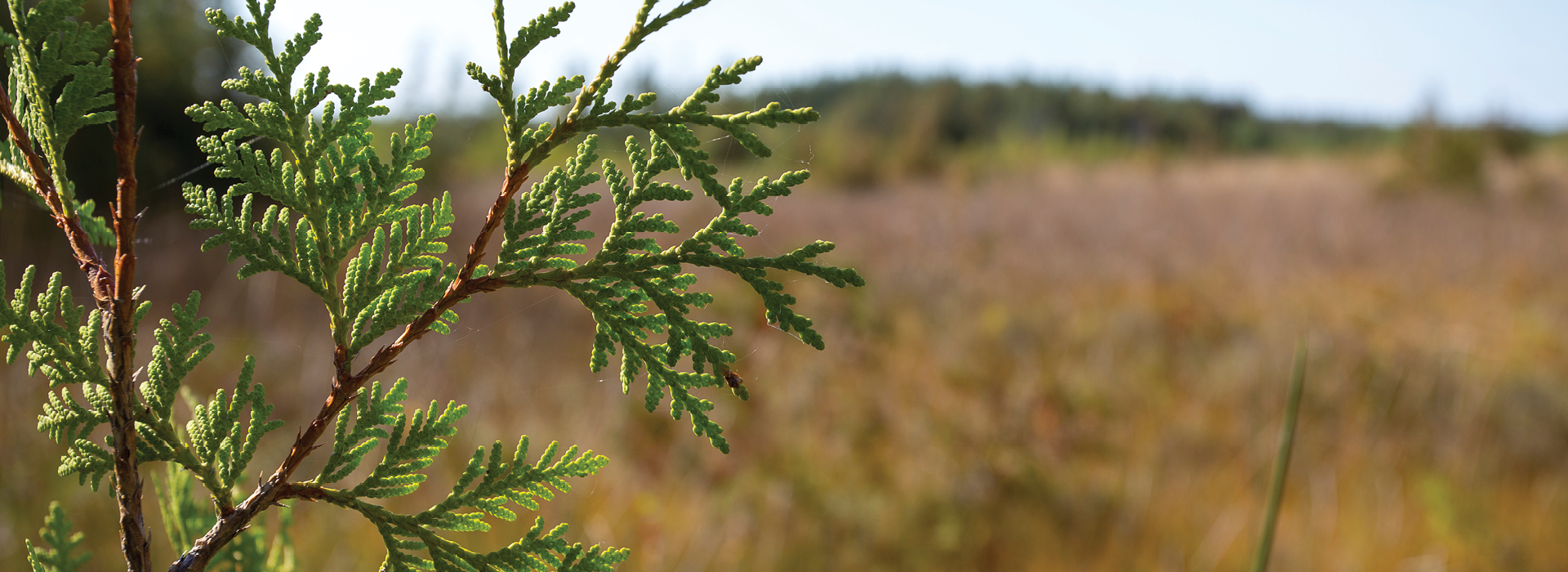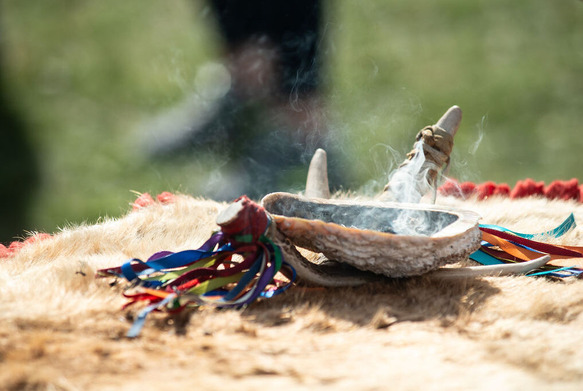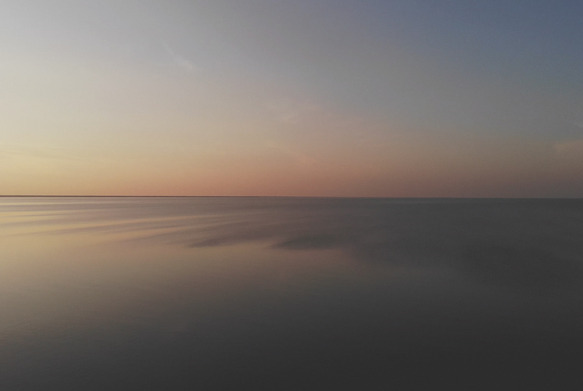
environmental justice
We are together on Indigenous land.
Lake Winnipeg, the lake we are working to protect, is part of the traditional territories of the Ininiwak (Cree), Anishinaabe (Ojibwe), Nakota and Dakota peoples, and the homeland of the Métis nation. Indigenous peoples have cared for Lake Winnipeg since time immemorial.
Indigenous peoples have been deliberately displaced from and dispossessed of their traditional lands. Many of these lands are now enjoyed as parks, camps and cottage communities that we lake-lovers benefit from. Our monitoring and research activities take place across the lake’s watershed. Because we have access to and benefit from the water and land, our work intersects with failures to fulfill the treaties, and failures to recognize Indigenous rights and Indigenous knowledge within colonial systems of water governance.
The exclusion of Indigenous peoples from water governance jeopardizes the health of Lake Winnipeg. Indigenous knowledge is critical evidence developed over generations – evidence that is essential to a well-rounded understanding of Lake Winnipeg and its watershed, and our efforts to protect it.
In alignment with our organizational values of accountability, continuous learning and integrity, we are committed to challenging the colonial systems, institutions and cultures in which we live and work.
We recognize that racism and colonialism – past and present – are contributors to water-quality degradation and impede our collective efforts to protect Lake Winnipeg.
We acknowledge and thank the original caretakers of the lands and waters. It is because of their efforts that we can enjoy the many gifts given to us by Lake Winnipeg. We see the health of Lake Winnipeg as a point of connection and shared purpose in a difficult, ongoing conversation. We are committed to protecting and restoring the health of this special place – now and for future generations.

